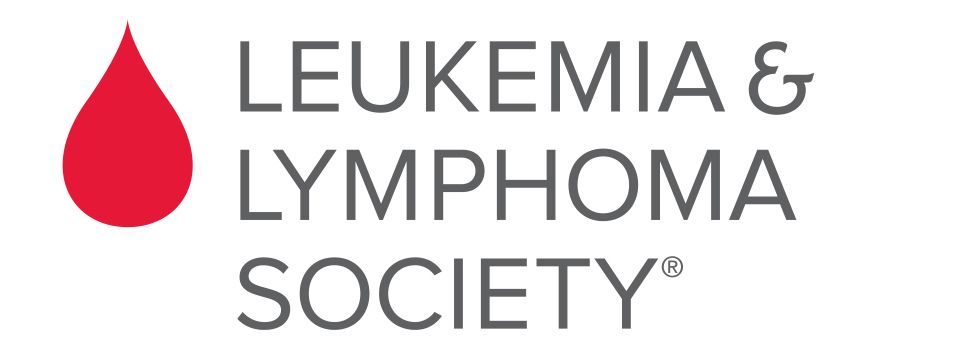How do I make the best food choices throughout cancer treatment?
When you are faced with a diagnosis of myeloma, nutrition can be an important part of your journey. Eating a well-balanced diet during and after cancer treatment can help you feel better, maintain your strength, and speed your recovery.
Maintain a healthy weight. Depending on what type of treatment you undergo for multiple myeloma, you may experience weight changes. Aim to maintain a healthy weight during treatment, avoiding excess gain or loss. Strict dieting during treatment is not recommended.
Eat small, frequent meals throughout the day. Eating frequent small meals will ensure your body is getting adequate calories, protein, and nutrients to endure treatment. Smaller meals may also help to minimize treatment-related side effects such as nausea. Try eating 5-6 small meals or “mini” meals about every 3 hours.
Choose foods that are bland and easy on your stomach. Since medications used to treat multiple myeloma often cause nausea and vomiting, avoid foods that are spicy and fried. Avoid foods with strong odors. Instead, choose foods that are at room temperature and bland such as crackers, cheese, canned fruit, yogurt, toast, potatoes, rice, and pasta.
Choose protein-rich foods. Protein helps the body to repair cells and tissues. It also aids in the recovery and maintenance of the immune system. Choose to include a source of lean protein at all meals and snacks. Good sources of lean protein include:
- Lean meats such as chicken, fish, or turkey
- Eggs
- Low-fat dairy products such as milk, yogurt, and cheese or dairy substitutes
- Nuts and nut butters
- Beans
- Soy foods
Include whole grains. Whole grains provide a good source of carbohydrate and fiber, which help sustain energy levels. Good sources of whole grains include:
- Oatmeal
- Whole wheat breads
- Brown rice
- Whole grain pastas
Eat a variety of fruits and vegetables every day. Fruits and vegetables offer the body antioxidants which can help fight against cancer. Choose a variety of colorful fruits and vegetables to get the greatest benefit. Aim to eat a minimum of 5 servings of whole fruits and vegetables daily.
Choose sources of healthy fat. Healthy fats include olive oil, avocados, nuts, and seeds. Avoid fried, greasy, and fatty foods, Choose baked, broiled, or grilled foods instead.
Limit sweets and added sugars. Foods high in added sugars like desserts and sweets provide little nutritional benefit and often take the place of other nutritious foods.
Stay hydrated. Drinking enough fluids during cancer treatment is important for preventing dehydration. Aim to drink 64 ounces of fluid daily. Avoid drinking large amounts of caffeinated beverages as too much caffeine can lead to dehydration.
Be observant of changes in bowel habits. Chemotherapy can sometimes cause changes in bowel habits, such as constipation, bloating, and gas. It is important for you to communicate with your healthcare team any changes in your bowel habits. Changes in your food choices or medications may be necessary to manage these side effects.
Practice good food safety. Multiple myeloma and its treatments can increase your risk for infection. For that reason, it is important to practice good food safety. Wash hands often while preparing food. Use separate cutting boards for raw meat and raw vegetables as well as separate knives. Be sure to cook all foods to their proper temperature and refrigerate leftovers right away. Read more about Food Safety.
Talk to your healthcare team before taking any vitamins or supplements. Some medications and cancer treatments may interact with vitamins and supplements. Choose food first as the primary source for nutrients.
Drink alcohol in moderation, if at all. Alcohol may contribute to dehydration, can impair the immune system, and provides no beneficial nutrients.
Most importantly, know that your cancer journey is unique to you and your treatment. You may experience side effects that affect your ability to follow these suggestions. If you are struggling with any side effects, such as loss of appetite, nausea, diarrhea, vomiting, or any other nutrition concerns, your needs may be different. A registered dietitian can suggest nutrition guidelines that will be appropriate for your cancer journey. Schedule a time to talk to one of our registered dietitians.


